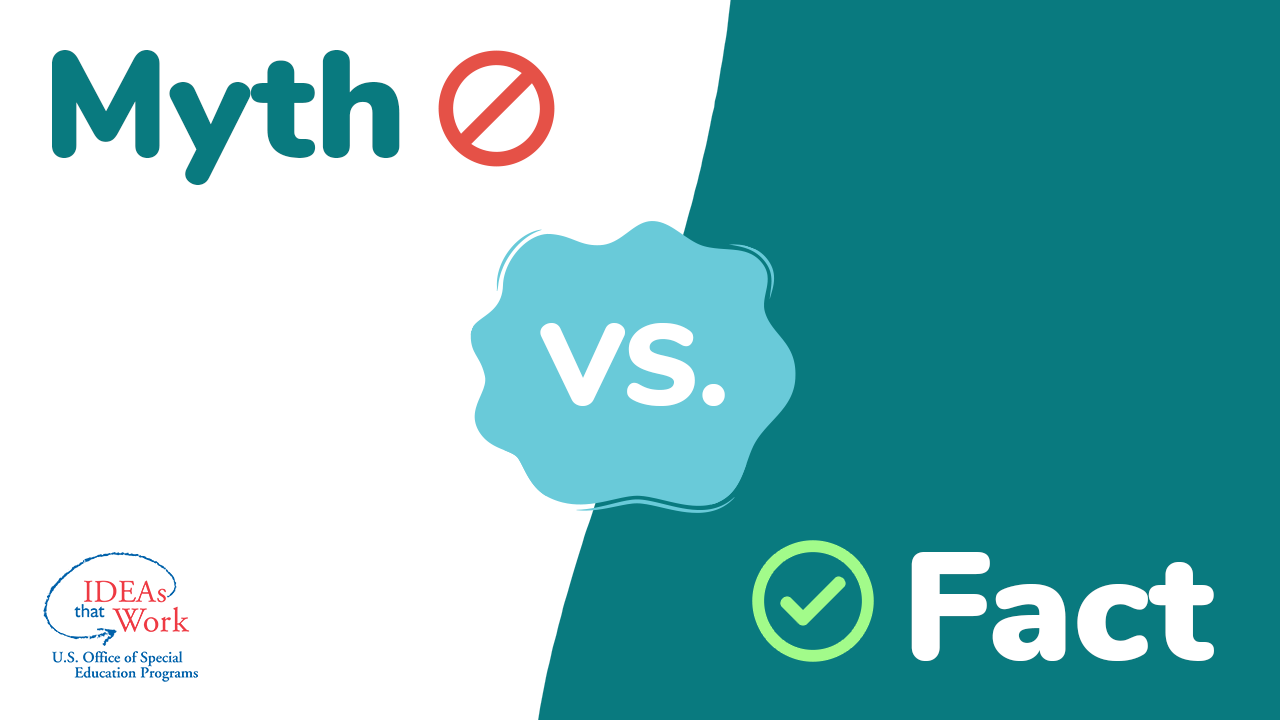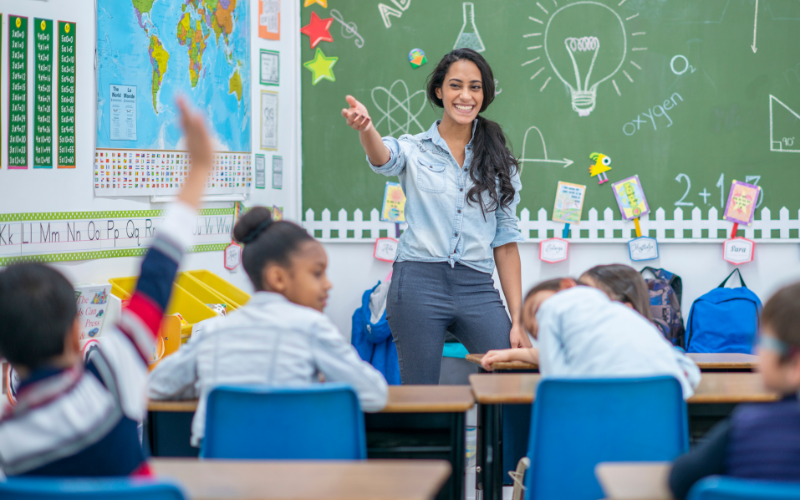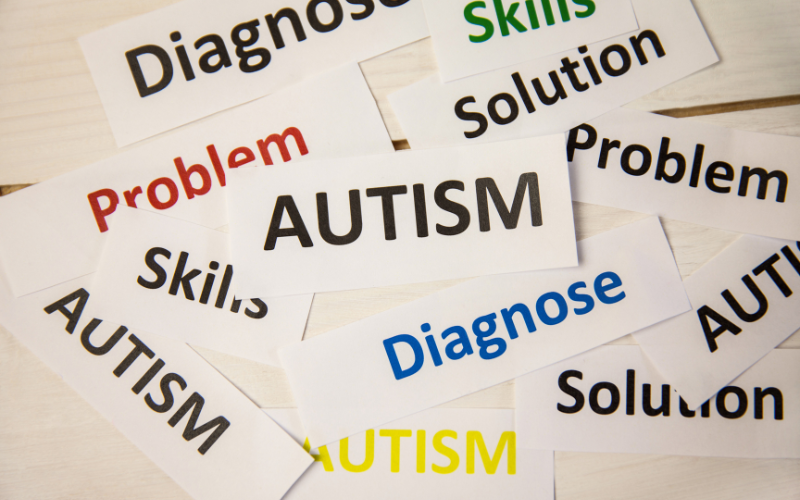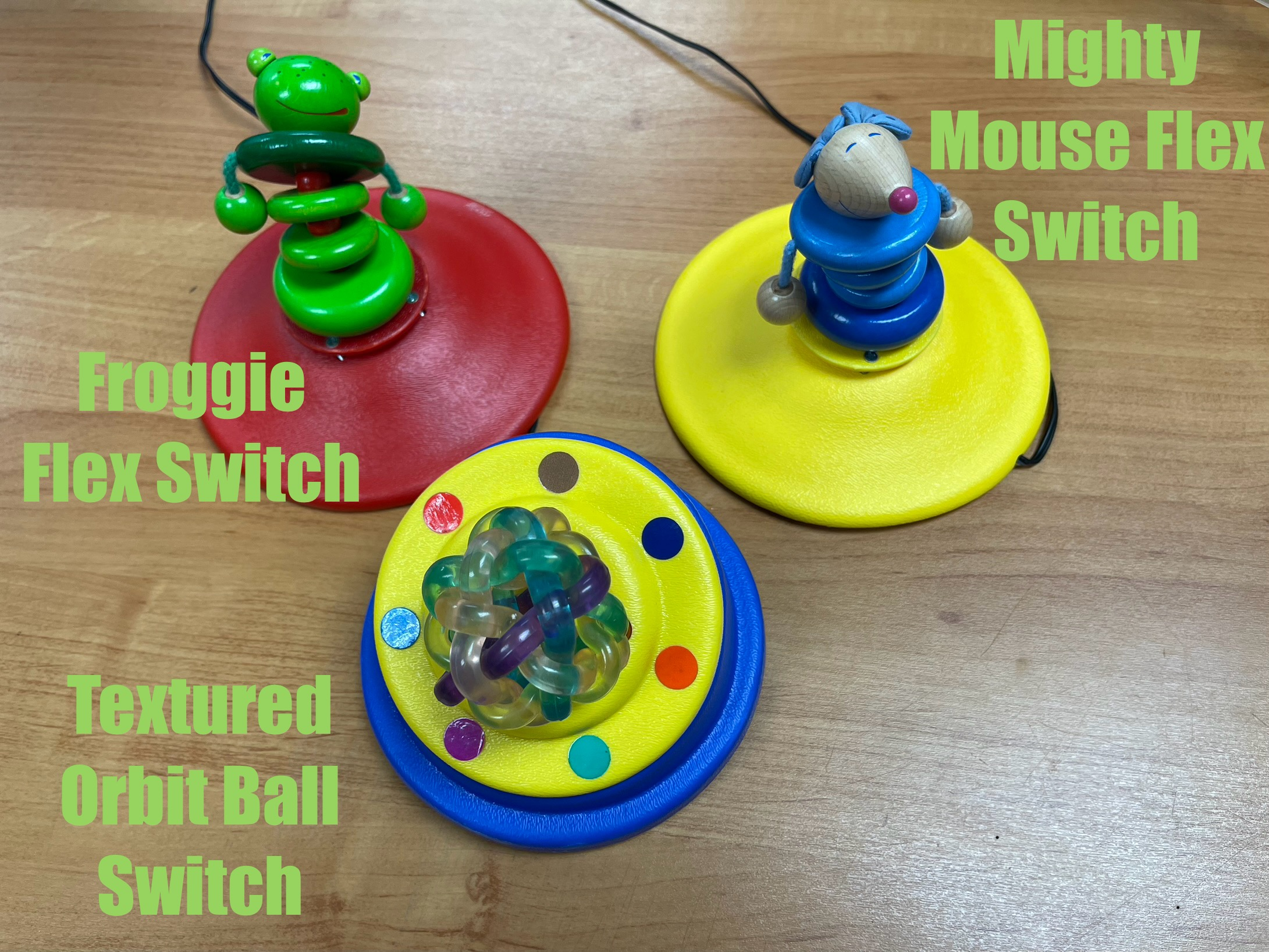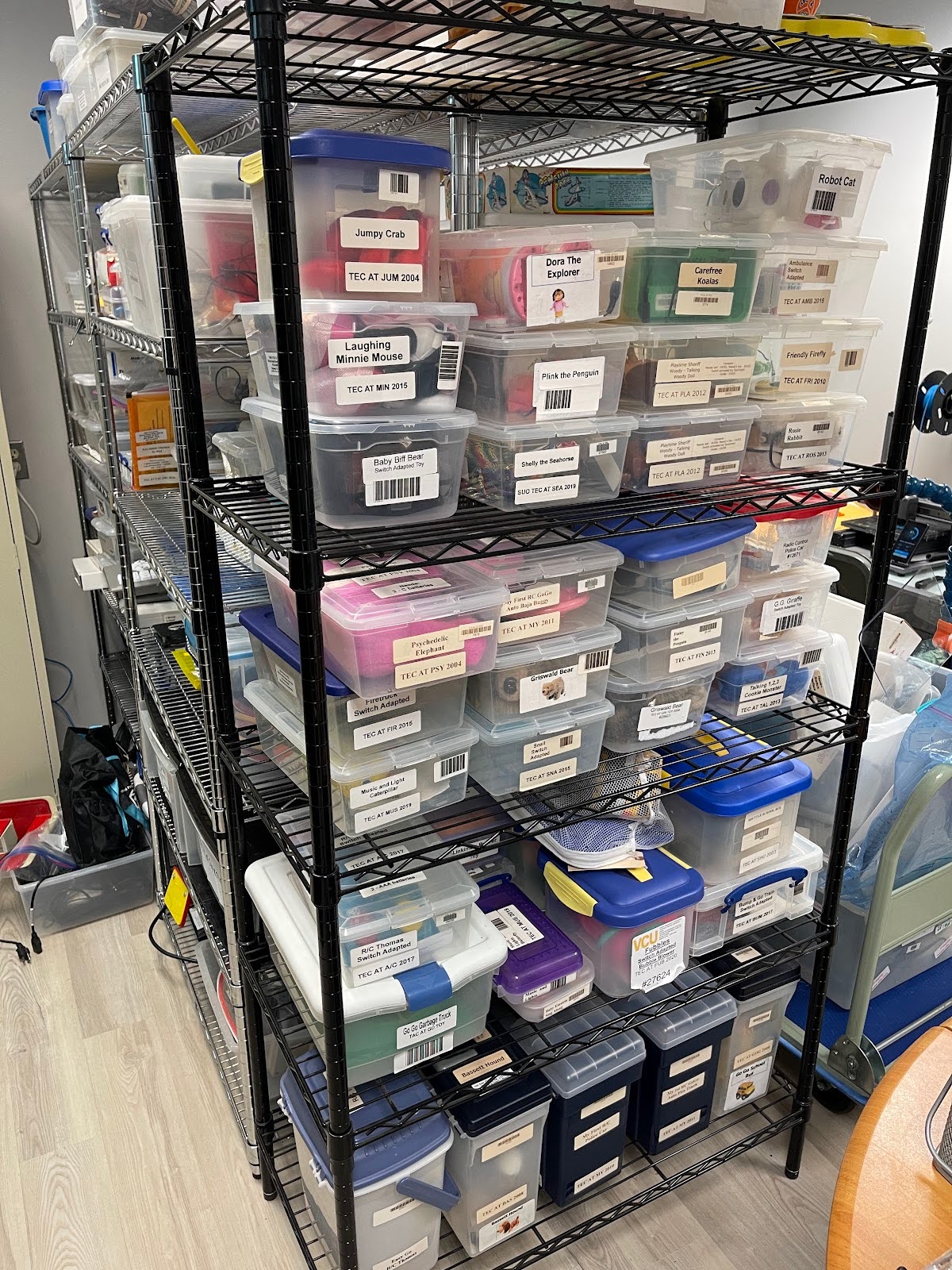Myths and facts about assistive technology: New guidance
Assistive technology (AT) offers a multitude of benefits across all age groups by fostering independence, supporting inclusion, facilitating friendships, and leading to improved overall quality of life. For young children, it facilitates opportunities for play, learning, friendships, and development by providing tailored educational tools, enhancing communication skills through augmentative and alternative communication, and enabling access […]
PrinciPALS: How to support teacher well-being
Much is being said about mental wellness in school settings, especially since the pandemic, and it is not simply about our students. Teacher stress and burnout levels remain high. Retention rates are plummeting as job pressures continue to grow (Will, 2023). According to a recent study, teachers are twice as likely to report high difficulty […]
Learn by listening: Explore the world of podcasts
Are you looking for an easy and accessible way to learn new information and hear people talk about practices they are implementing to help students be successful? Listen to a podcast! Podcasts are audio recordings typically played on demand on your smartphone or computer (Prince, B.F., 2020; Tobin & Guadagno, 2022). The number of people […]
Maintaining a healthy well-being for educators
According to a Gallup poll conducted in June 2022, the teacher burnout rate has increased to 44%, doubling since March 2020 (Camera, 2022). The three million member National Education Association released a poll in February indicating that 55% of teachers were ready to leave the profession (Lurye, 2022). Education Secretary Miguel Cardona has stated, “As […]
How to recognize the female autism phenotype
According to the Centers for Disease Control, 1 in 44 children has Autism Spectrum Disorder (ASD), which has historically been viewed as a male disorder (Tomlinson et al., 2020). There are misunderstandings affecting the identification and understanding of females with autism that often result in females being overlooked or diagnosed far later, especially females with […]
Integrating SEL and academics
Social-emotional learning (SEL) is defined as the process through which all young people and adults acquire and apply the knowledge, skills, and attitudes to develop healthy identities, manage emotions and achieve personal and collective goals, feel and show empathy for others, establish and maintain supportive relationships, and make responsible and caring decisions (CASEL, 2023 p […]
Switch it up! Check out these awesome switches in the AT lab
Pedal switches, Makey Makey, and Bluetooth OH MY! The Assistive Technology lab has a variety of switches available for school and early intervention teams to check out. Pair them with any switch-activated device, and your students will be ecstatically able to interact with their environment. Are you looking for something that will give a sensory […]
Be a light for yourself and others
Teachers and leaders continue to rebuild many aspects of the academic experience following the pandemic. Many of them can benefit from strategies to combat stress during the instructional day. In 2021, Elizabeth Steiner and Ashley Woo reported findings on teacher job stress. The results indicated that 78 percent of teachers experienced frequent job-related stress and […]
Challenging behaviors in the classroom
Working with students that exhibit challenging behaviors in the classroom is something that almost all teachers will face at some point in their career. Recent research indicates that more than 70% of teachers report an increase in disruptive behaviors in the classroom since 2019 (Prothero, 2023). Additionally, 78% of teachers in another recent survey identified […]
The Assistive Technology Lab is open for business
We’re back! The Assistive Technology (AT) lab is now open in our new location on Staples Mill Road in Richmond; parking is free. As always, we have many devices that can be checked out to school teams in Regions 1 and 8. The device categories include Augmentative and Alternative Communication, play, leisure activities, computer access, […]
